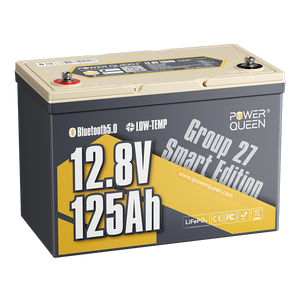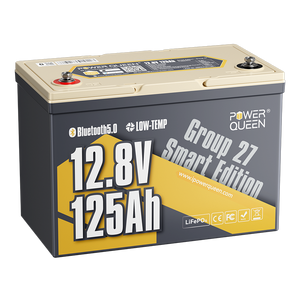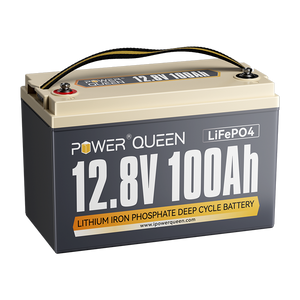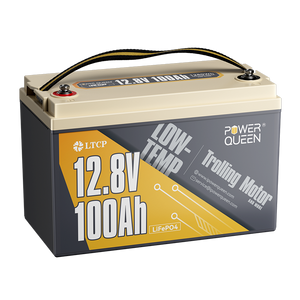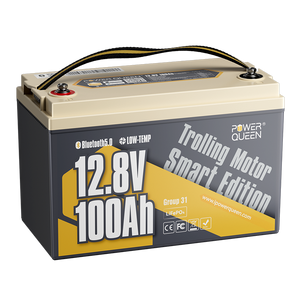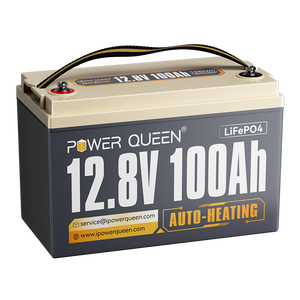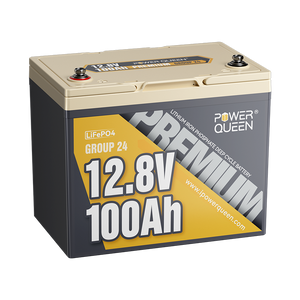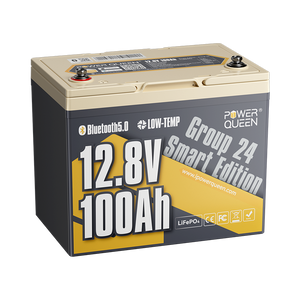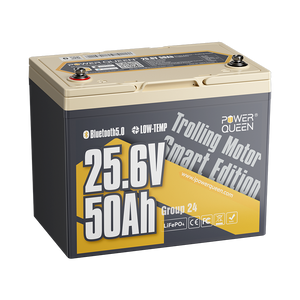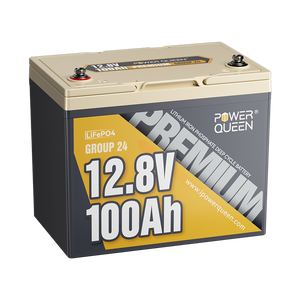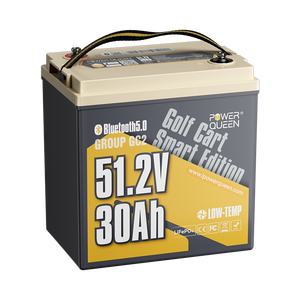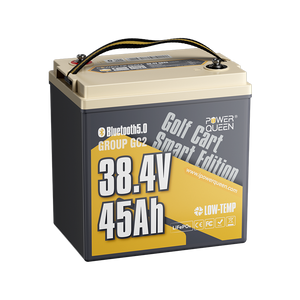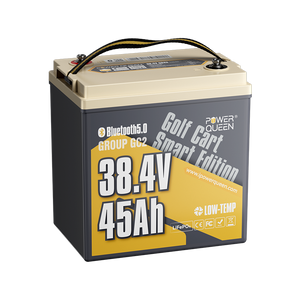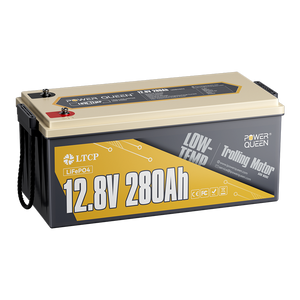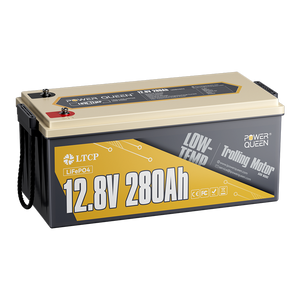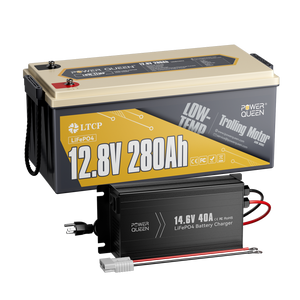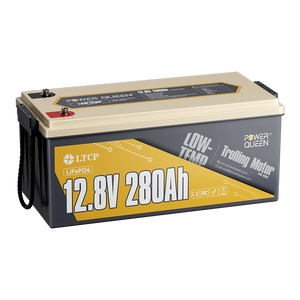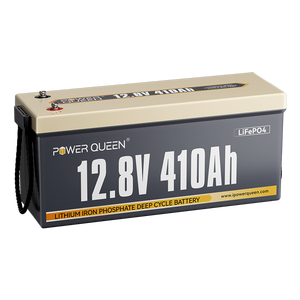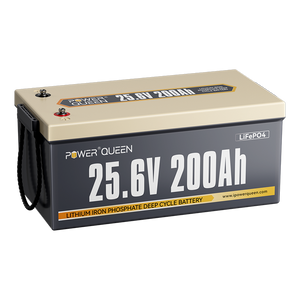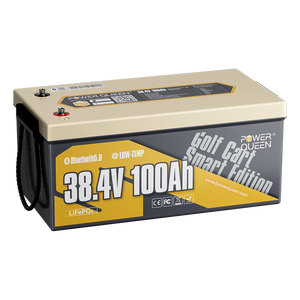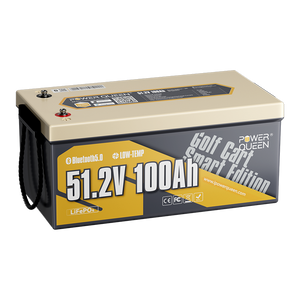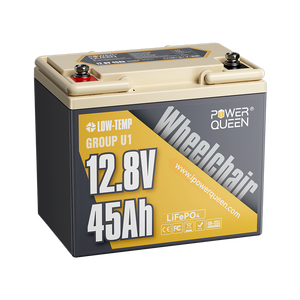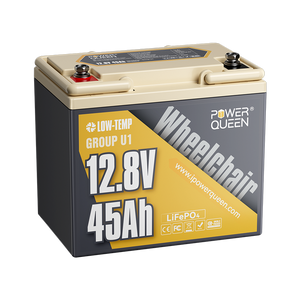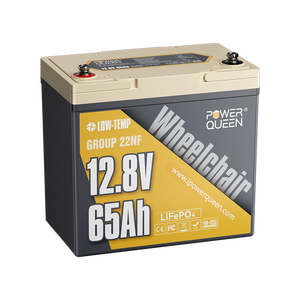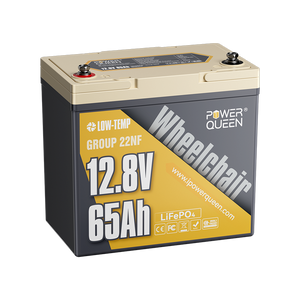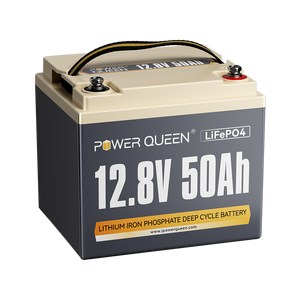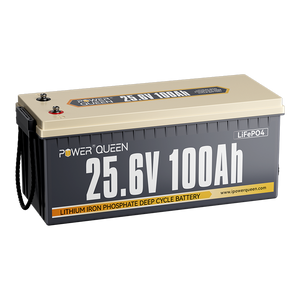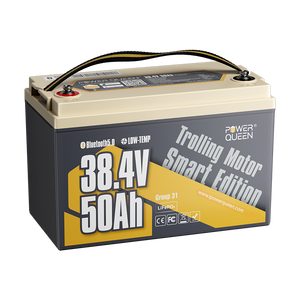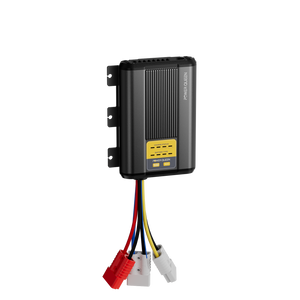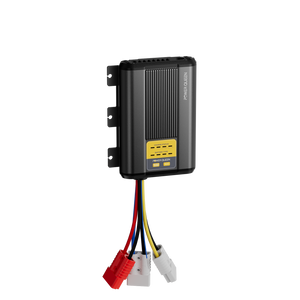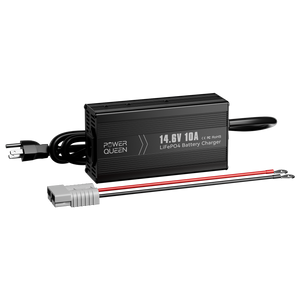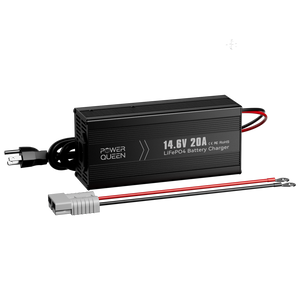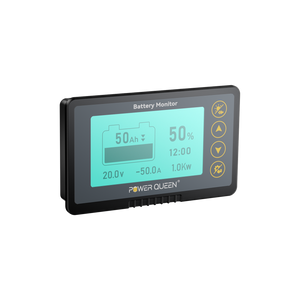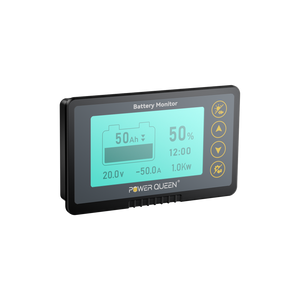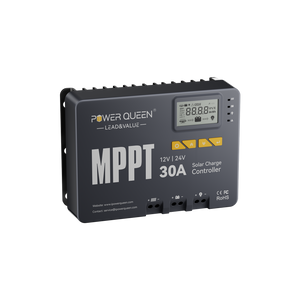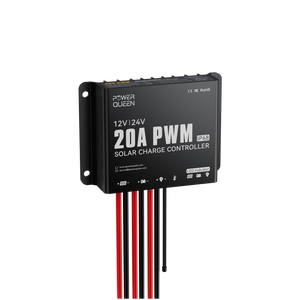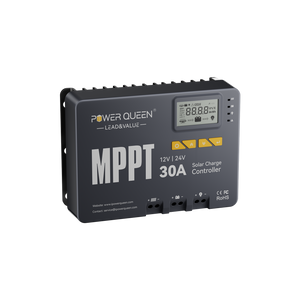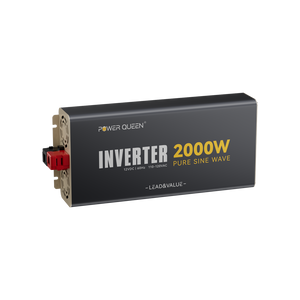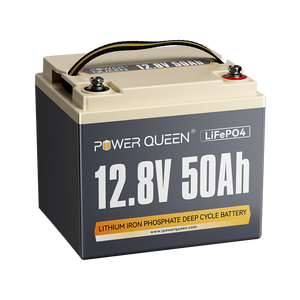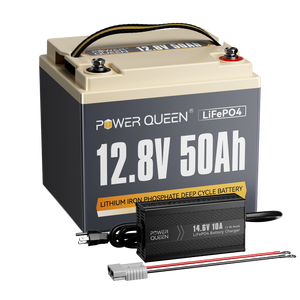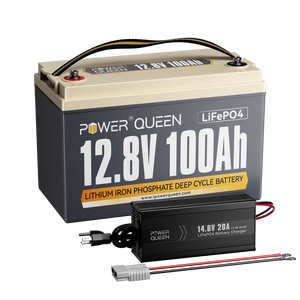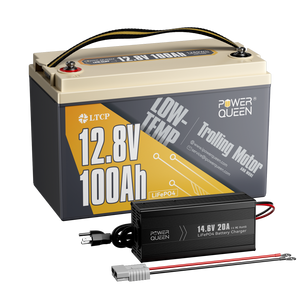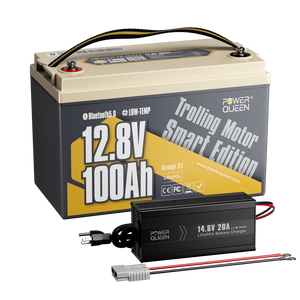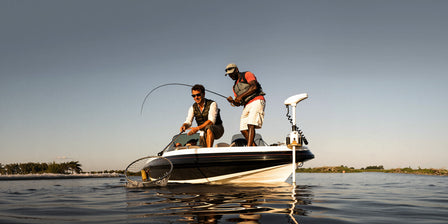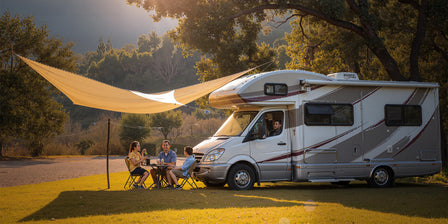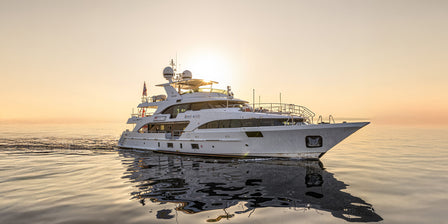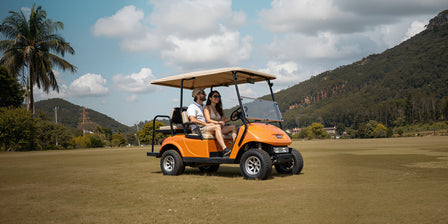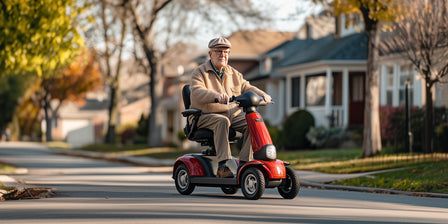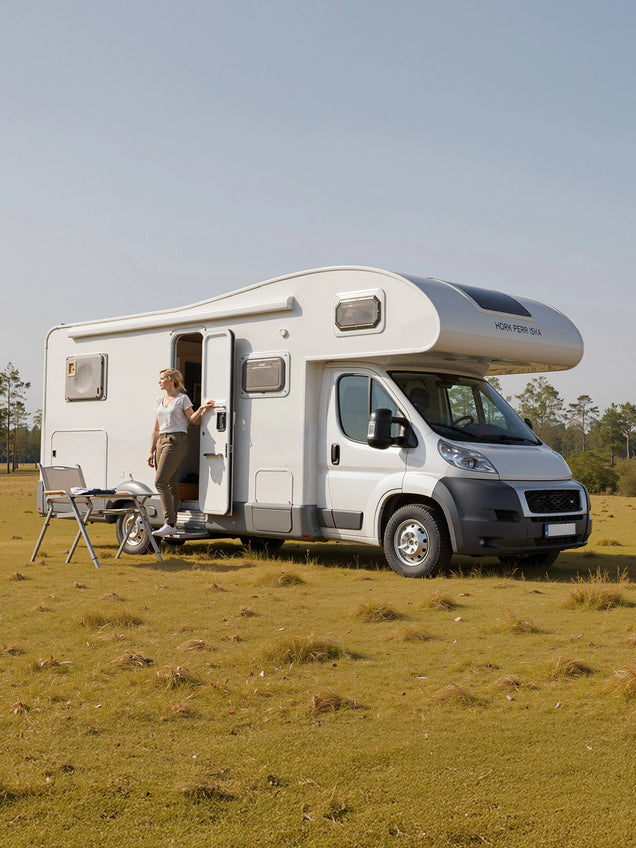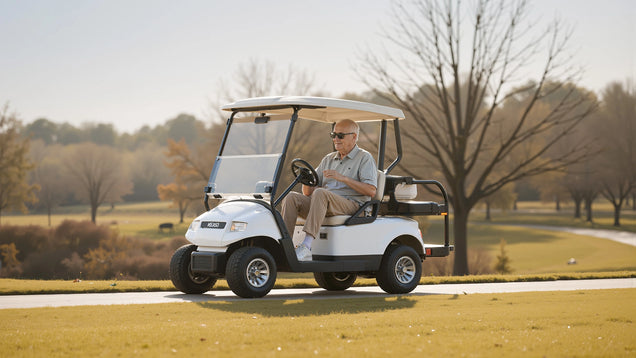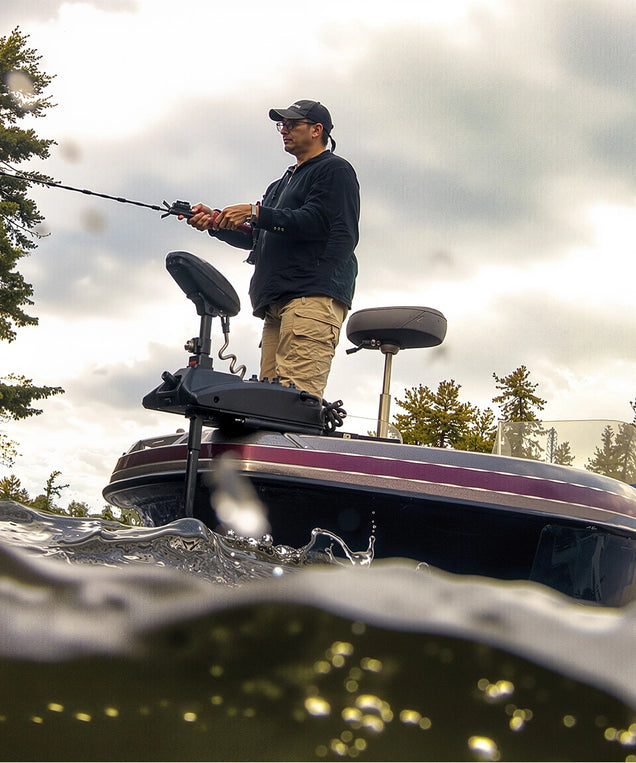What Does A 12V Battery For Boat Weigh?
When choosing a battery for your boat, weight plays a crucial role in performance, handling, and convenience. In this article, we'll discuss the weight of 12V lithium marine batteries and compare them to car and RV batteries. You'll also discover why lithium batteries are an excellent choice for marine applications.
Table of Content
- Part 1. Typical Weight of a 12V Lithium Marine Battery
- Part 2. Factors Affecting the Weight of a 12V Lithium Marine Battery
- Part 3. How Does Lithium Battery Weight Affect Marine Applications?
- Part 4. Weight Comparison Between Lithium and Lead-Acid Batteries
- Part 5. How Lithium Battery Weight Compares to Car and RV Battery Weight
- Part 6. In Conclusion
Part 1. Typical Weight of a 12V Lithium Marine Battery
A 12V lithium marine battery is significantly lighter compared to its lead-acid counterparts. Generally, these batteries weigh between 20 and 35 pounds, depending on their capacity.
For example, the Power Queen 12V 100Ah Low-Temp Deep Cycle Lithium Battery, which is highly recommended for trolling motor batteries, weighs approximately 22 lbs. This lighter weight makes it much easier to handle and install, especially if you're upgrading from a traditional, heavier lead-acid battery.
![⚡[Final $189]⚡Power Queen 12V 100Ah Low-Temp Deep Cycle Lithium Battery](//ipowerqueen.com/cdn/shop/files/100tm.png?crop=center&format=webp&v=1758323394&width=400)
![⚡[Final $189]⚡Power Queen 12V 100Ah Low-Temp Deep Cycle Lithium Battery](http://ipowerqueen.com/cdn/shop/files/100tm.png?crop=center&format=webp&v=1758323394&width=400)
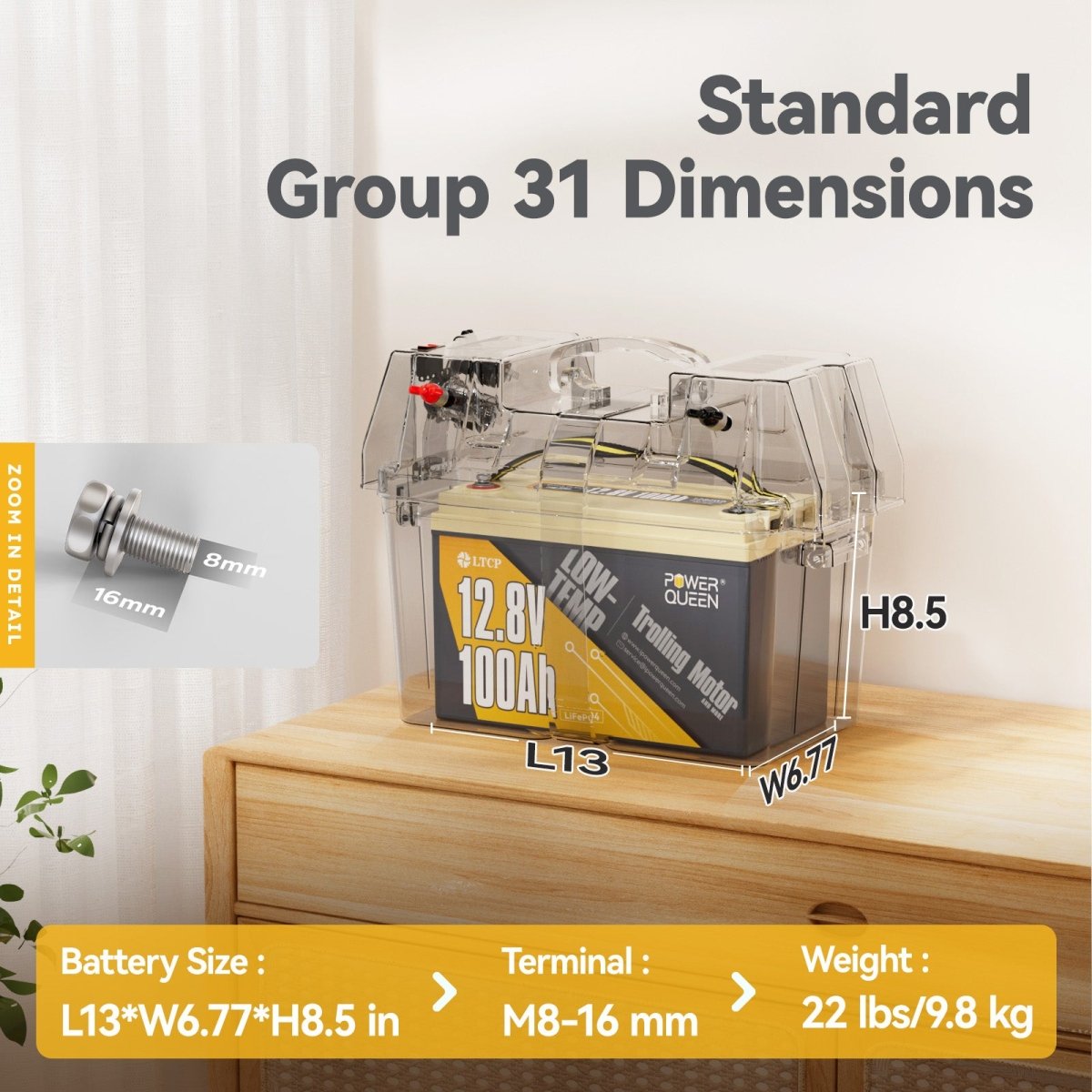
Part 2. Factors Affecting the Weight of a 12V Lithium Marine Battery
Lithium-ion batteries are much lighter than traditional lead-acid batteries. Lithium weighs just 0.53 ounces per cubic inch, compared to lead, which weighs over 0.4 pounds per cubic inch. This difference in density allows lithium batteries to provide the same, or even greater, power output while being much lighter.
For those looking for a high-quality and reliable option, we highly recommend the Power Queen battery, which provides excellent performance and lightweight convenience for your marine needs.
Related Reading: [Full Guide] What Are The Different Types Of Marine Batteries
2.1 Capacity
In general, batteries with higher capacities (measured in amp-hours, or Ah) weigh more. However, with lithium-ion technology, this relationship is not always linear. A higher-capacity 12V lithium battery may weigh more than a smaller one, but it will still often be lighter than a comparable lead-acid battery of similar size and output. For instance, a 12V lithium trolling motor battery with a 100Ah capacity provides substantial power but remains lighter than a similar lead-acid battery.
Related Reading:[Full Guide] What Is An Amp Hour (Ah)
2.2 Cell Size and Volume
Larger cells store more energy and therefore tend to weigh more. This is especially true for lithium batteries that use larger cells for higher capacities, such as those designed for heavy-duty marine applications like trolling motors. These larger cells store more power, which is essential for longer runs or powering multiple devices on the boat.
2.3 Case Material
Many 12V lithium marine batteries use lightweight materials like plastic or aluminum for their casings, keeping the overall weight down. Traditional lead-acid batteries, on the other hand, often use heavier casings made from steel or lead, which contribute to their bulk. The choice of casing material in lithium batteries helps improve their overall efficiency and makes them easier to handle and install, even in tight spaces.
2.4 Supporting Components
While necessary for ensuring the safety and longevity of the battery, additional components like terminals, protection circuits, and insulation materials can add a small amount of weight. However, these components help improve durability, safety, and performance, especially in harsh marine environments.
2.5 Battery Chemistry
Lithium batteries come in various chemistries. LiFePO4 (lithium iron phosphate) is commonly used in marine applications due to its higher density and stability compared to other lithium chemistries like NMC (Nickel Manganese Cobalt) or NCA (Nickel Cobalt Aluminum). LiFePO4's higher density allows for a more compact and efficient design, leading to lower weight for the same energy capacity.
Part 3. How Does Lithium Battery Weight Affect Marine Applications?
3.1 Improved Fuel Efficiency
Reducing the weight of your boat’s battery can improve fuel efficiency. Lighter batteries place less strain on the engine, helping to conserve fuel and increase overall boat performance.
3.2 Easier Installation and Handling
A lighter battery makes installation, removal, and handling much easier. This is particularly important for smaller boats or when you need to replace or maintain the battery frequently.
3.3 Longer Lifespan
While not directly related to weight, lithium batteries have a much longer lifespan (up to 5 times longer than lead-acid batteries), which means fewer replacements. This can lead to long-term savings and reduced hassle.
Part 4. Weight Comparison Between Lithium and Lead-Acid Batteries
4.1 Lithium Batteries
12V lithium batteries weigh between 20 and 35 pounds, offering significant weight savings (30-40% lighter) compared to lead-acid batteries. This lighter weight improves boat performance, and fuel efficiency, and creates more space for other equipment. In addition to being lighter, lithium batteries are also longer-lasting and more energy-dense than lead-acid options.
4.2 Lead-Acid Batteries
Lead-acid batteries, which typically weigh between 30 and 60 pounds for 12V models, are much heavier due to the dense lead plates and sulfuric acid inside. Although lead-acid batteries are less expensive upfront, their extra weight can negatively affect boat performance, fuel efficiency, and maneuverability, especially in smaller boats.
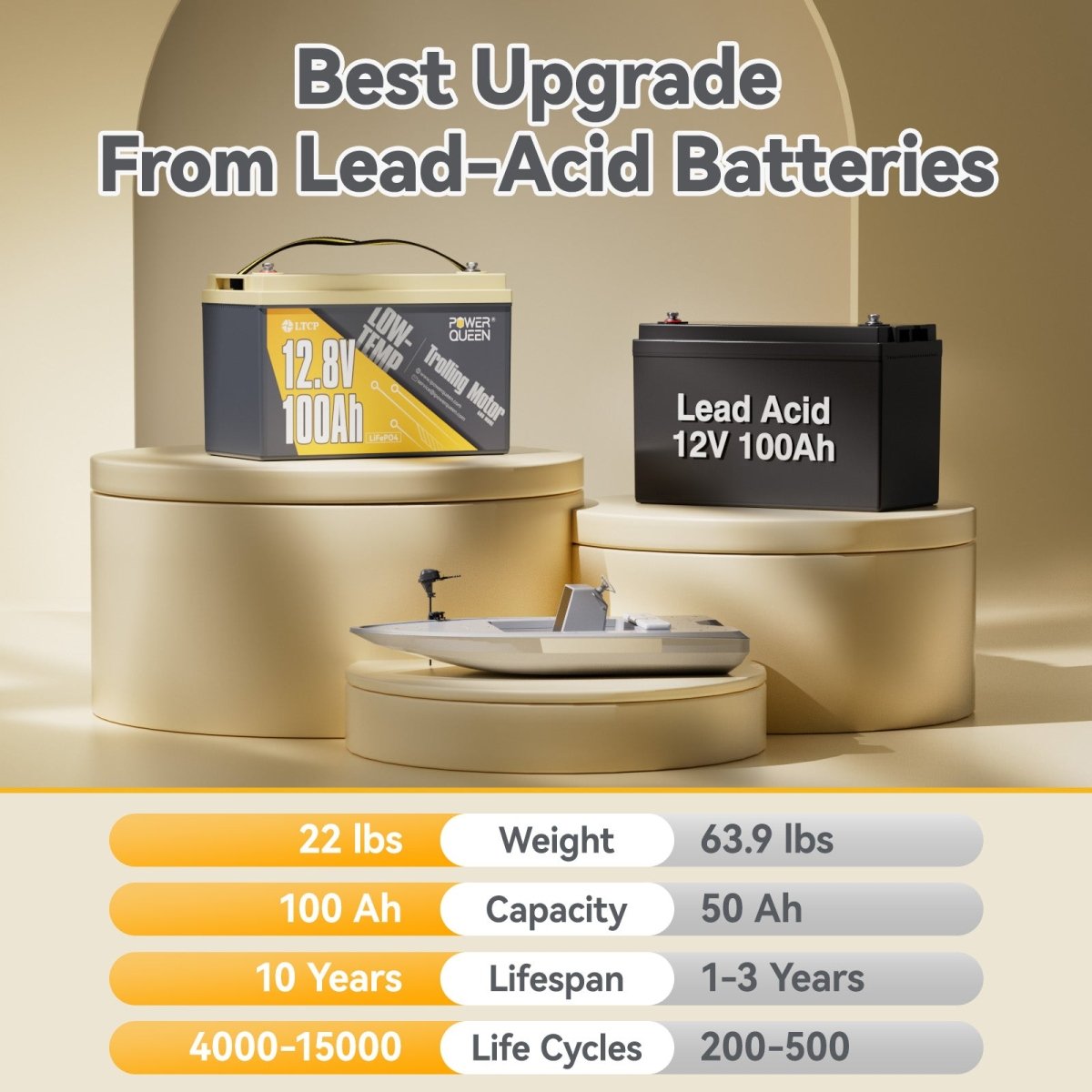
Part 5. How Lithium Battery Weight Compares to Car and RV Battery Weight
5.1 12V Car Batteries
A typical 12V car battery weighs between 30 and 50 pounds, depending on the model and brand. While these batteries are designed to provide high starting power for vehicles, their weight can be an issue in applications where space and weight are critical.
5.2 12V RV Batteries
Similar to car batteries, 12V RV batteries generally weigh between 40 and 60 pounds. The higher-capacity models can weigh even more. While RV batteries are designed to supply a steady power source over longer durations, their increased weight can make them cumbersome for mobile applications where efficiency and space are important.
5.3 12V Marine Lithium Batteries
Lithium batteries used in marine applications weigh between 25 and 45 pounds, offering a much lighter option than both car and RV batteries. Despite their reduced weight, they offer high energy density and longer lifespan, making them the perfect choice for boaters who want to reduce weight while maintaining reliable power.
Part 6. In Conclusion
When choosing a 12V marine battery, lithium-ion batteries are the lightest and most efficient option. They typically weigh between 25 and 45 pounds, which is significantly lighter than lead-acid batteries of similar size and output. The reduced weight of lithium batteries translates into improved fuel efficiency, easier handling, and a longer lifespan—making them an excellent choice for modern boating needs.
